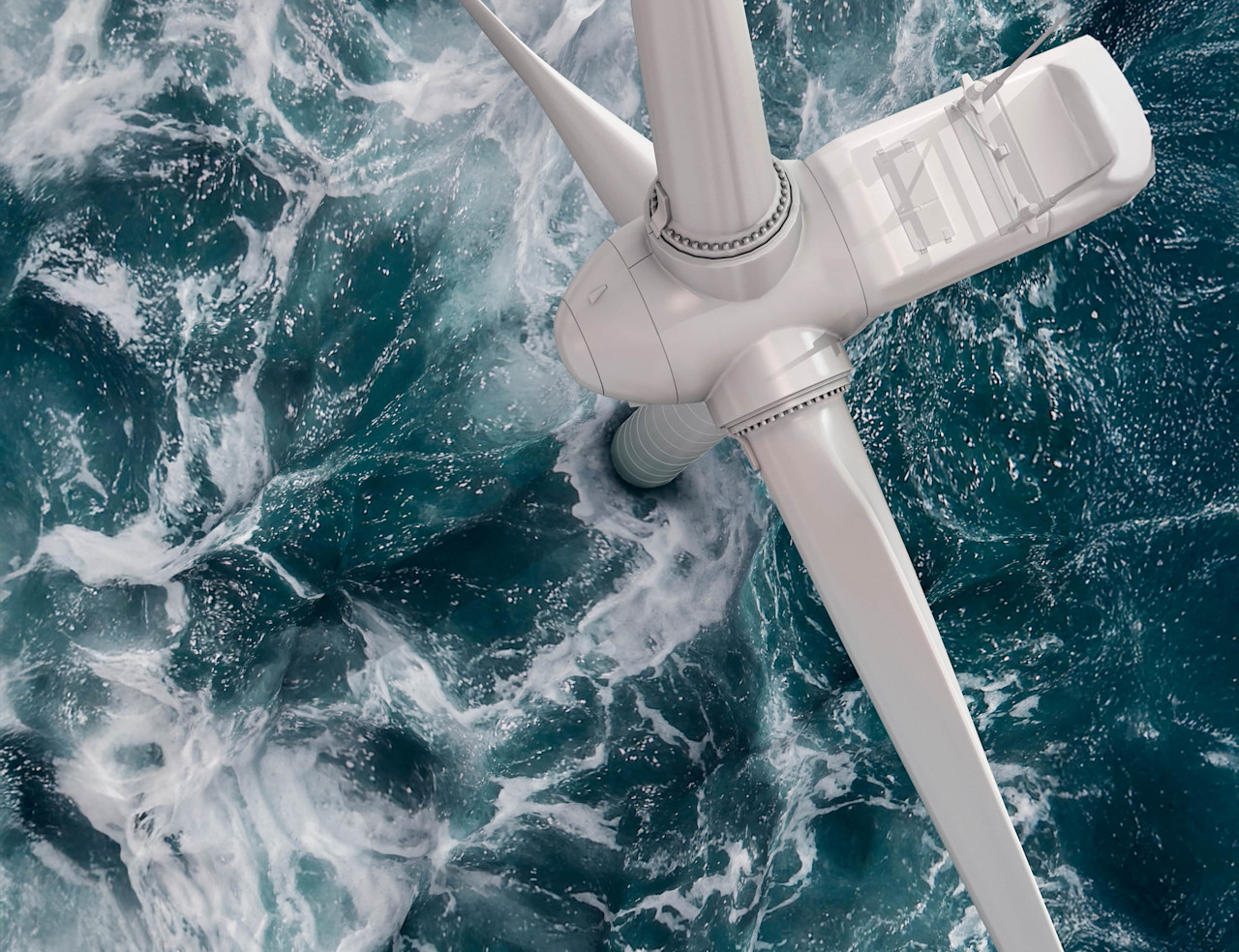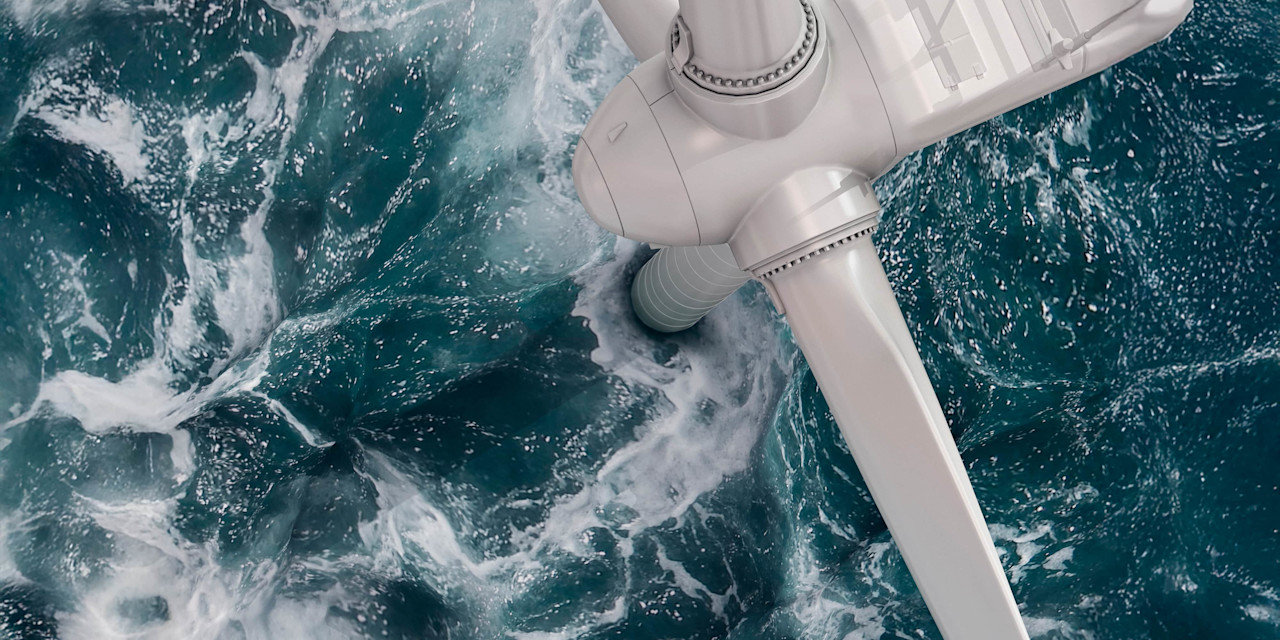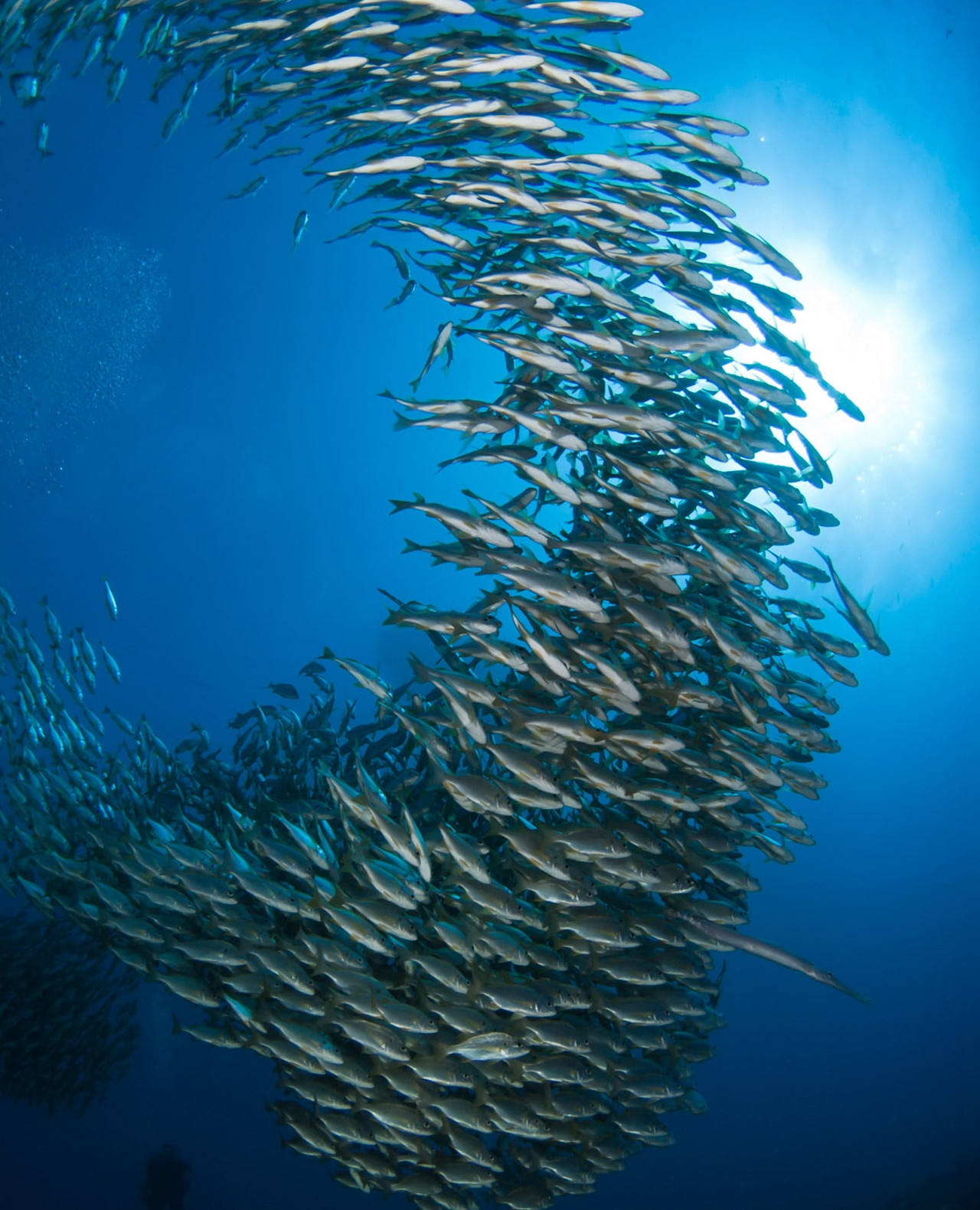

Call for moratorium on deep sea mining
Robeco is supporting calls for a moratorium on deep sea mining, backed by engagement with the companies involved, until the full risks and opportunities are known.
Summary
- Investor group calls for moratorium on granting seabed licenses
- Dredging for minerals carries environmental, social and economic risks
- Engagement starting with two companies held in portfolios
It follows a collective letter by 36 financial institutions including Robeco sent to the International Seabed Authority (ISA) asking it to postpone granting permits to dredge the seabed for valuable minerals. The Global Financial Institutions Statement to Governments on Deep Seabed Mining says the practice has environmental, social and economic risks that are not yet fully understood.
Robeco holds shares in a handful of companies that may become indirectly involved in deep sea mining by providing services or finance to the pure-play (direct) miners, and proposes engagement with the two largest holdings. Exclusion is not being considered until all the facts are known.
Deep sea mining looks for valuable minerals that are scarce on land, including silver, copper, zinc, manganese and even diamonds. One of the minerals that is particularly sought after is cobalt, which is used in electric car batteries and is in limited supply on Earth. Both cobalt and copper are considered essential for the green transition.
The mining sites are mostly located near the hydrothermal vents of extinct underwater volcanos between 1,400 and 3,700 meters below the ocean’s surface. These vents contain huge sulfide deposits of valuable metals that can be dredged from the seabed by ships on the surface.
The deposits are brought to the surface using hydraulic pumps and buckets. Digging them up using long-range machines can destroy deep-sea habitats, leading to the loss of species, many of which are found nowhere else, along with the fragmentation or loss of ecosystem structure and function. They also pose a significant pollution threat, both in the ocean and on the surface.
Deep-sea mining can also potentially disturb millions of tons of seafloor sediments annually, releasing carbon that has accumulated over millions of years into the oceanic carbon cycle. As signatories of the Finance for Biodiversity Pledge, the financial institutions calling for a moratorium are all committed to helping protect and restore biodiversity and ecosystems through their investment and finance activities.
Widespread concern
“There is widespread concern in the scientific community regarding deep sea mining and the irreversible impact it could have on deep ocean ecosystems, says Lucian Peppelenbos, Climate and Biodiversity Strategist at Robeco. “We can’t afford to run that risk blindly, because the ocean is the largest carbon sink that we’ve got.”
“At the same time, we might need the metals from the deep sea, because mining on land is also reaching its limits. Deep sea mining could help provide minerals required for the net zero transition. However, the jury is still out on this expectation.”
“As a signatory to Finance for Biodiversity Pledge, we propagate the precautionary principle to this dilemma. It is obvious that we will need strong innovation and explore unchartered territory in order to achieve a net zero economy. But we can’t proceed to exploit this massive natural asset without a comprehensive understanding of the risks and how to properly manage these.
Who we are
We are a global asset manager with strong capabilities in quant, credits, emerging markets and sustainable investing. Research is at the heart of everything we do, driving active investment strategies that aim to maximize alpha generation.
Is it economically viable?
Aside from the environmental risks, with the associated regulatory and reputational risks for any institution invested in a mining company engaged in it, it isn’t certain that deep-sea mining is economically viable.
“There is no established science nor regulation (yet) for the exploitation of seabed resources,” says Sylvia van Waveren, Engagement Specialist at Robeco. “Furthermore, there is no established technology, and it still needs to be developed to get it scalable – so far, only pilots are being conducted.”
“While we have little exposure to the industry, we believe that investing in deep sea mining activities could expose financial institutions to significant policy, regulatory and reputational risks. We therefore prefer seabed mining only to go ahead when the environmental, social and economic risks and opportunities are comprehensively understood.”
No exclusions so far
There won’t be any exclusions, however, for companies that do choose to participate. “We plan to stay away from an exclusion, mainly because there are too many question marks, a lack of data, and the possibility that the metals and minerals from the seabed might be needed badly for the global energy transition,” says Van Waveren.
“We are of the opinion that engagement with the industry is the way forward. This will provide us with knowledge, science outcomes, the challenges, the open questions and the risks and opportunities that are out there.”
“Soon we will start engaging with two of the companies we hold in our portfolios and which are currently involved in seabed mining pilots.”




























